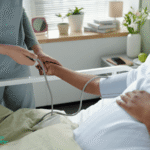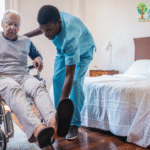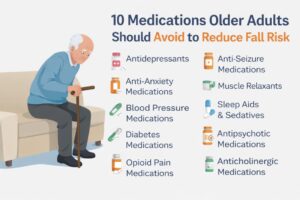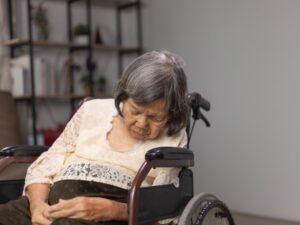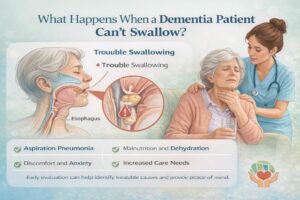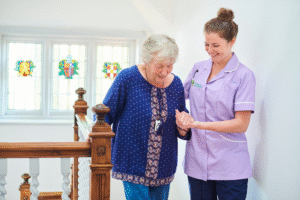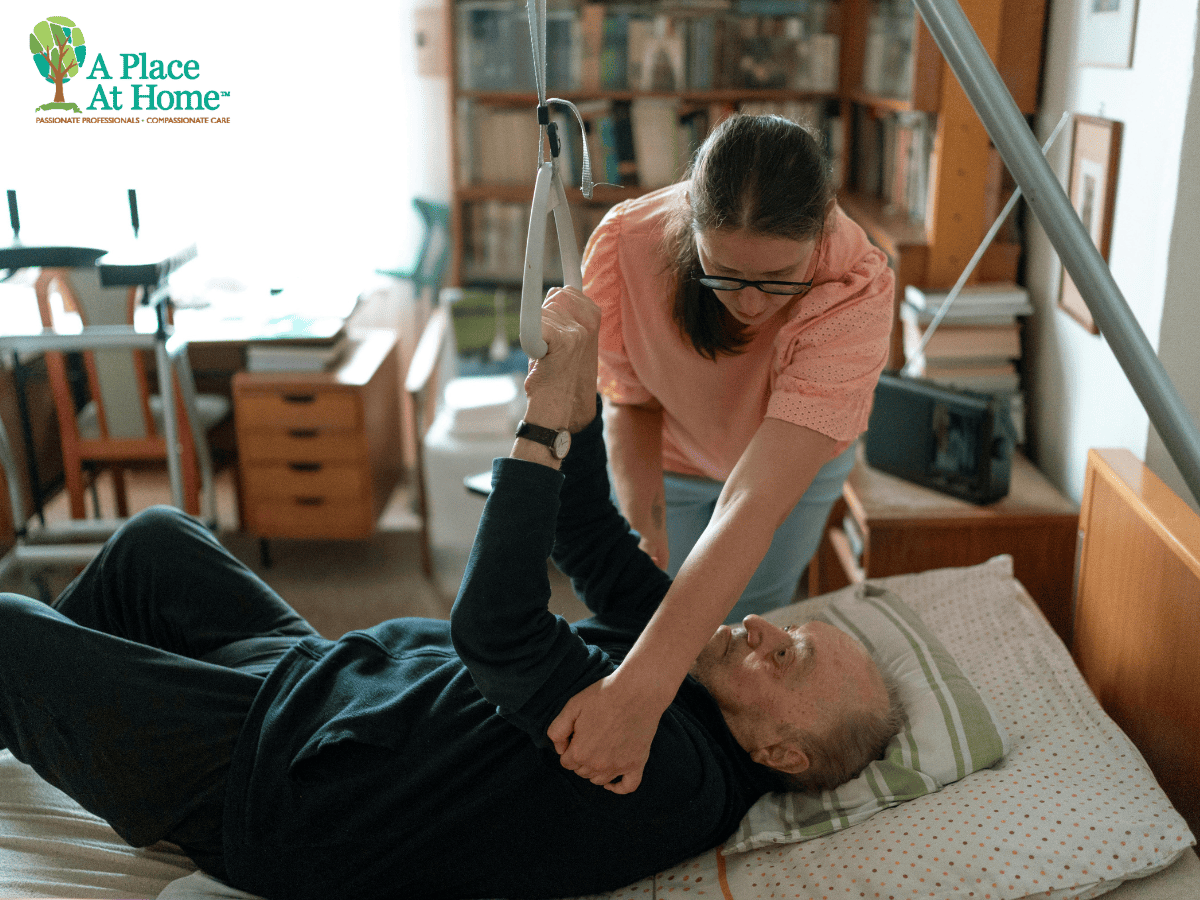
With aging parents, even minor health events can mark turning points. The body becomes more fragile over time, and surgical recovery may take longer than it used to. Be it a joint replacement, a heart procedure, or an emergency operation, surgery for older adults can bring both physical and emotional challenges-for the patient and their family.
If your parent has recently undergone surgery at EvergreenHealth Medical Center, Overlake Medical Center, or Swedish Hospital – Redmond, you may wonder what happens after they go home. Being discharged from the hospital is a milestone; however, recovery truly begins at home and knowing what to expect can make all the difference.
Understanding Surgery and Recovery for Aging Parents
For an older adult, surgery is more than a medical event-it is a major life disruption. Recovery will be longer because of the naturally occurring changes of aging, which may include reduced muscle strength, delayed wound healing, or comorbid disease processes such as diabetes or arthritis.
Confusion after surgery could be a result of anesthesia, new medications, or changes in sleep and routine while in the hospital. Most people feel disoriented, anxious, or physically weak during the first few days after being discharged, and that’s normal.
In this case, if your parents are already discharged from EvergreenHealth Medical Center, a plan for post-operative care may already be developed. The plan would include actions related to physical therapy, management of medicines, and follow-up visits that are very important for their smooth transition to home.
Common Types of Surgeries and Recovery Needs for seniors
Every surgery has its own distinct road to recovery. Some of the most common surgeries for older adults in the Kirkland area include:
- Orthopedic surgeries: These include hip, knee, and shoulder replacements, which will necessitate assistance in mobility, therapy, and fall prevention.
- Cardiac procedures: These include pacemaker implants or bypass surgeries, which require close medication management and gentle activity.
- Abdominal surgeries include gallbladder or hernia repair, often requiring meal planning and wound monitoring.
- Eye surgeries – cataract or retinal procedures where rest, medication reminders, and safe mobility are key.
Each case is different, and you should always follow the instructions given to you by your physician for discharge. If your parent’s physician is on the staff at Overlake Medical Center or EvergreenHealth, they can frequently make arrangements with outpatient rehabilitation or home care partners to ensure continuity of care.
What doctors recommend after surgery
Before your parent is discharged, their care team will explain the next steps, which may include:
- Medication schedules and pain management guidelines
- Restrictions on mobility or lifting
- Physical or occupational therapy appointments
- Nutrition and hydration recommendations
- Signs of infection or complications to watch for
It is a good idea to have a written copy of this list of instructions and to ask questions before leaving the hospital. If at all possible, assign one family member to communicate between the doctors, pharmacies, and caregivers.
How to prepare your home in Kirkland for a safe recovery after surgery
Bringing your parent home from the hospital is a big step toward healing, but the home environment will, to a great degree, determine just how smooth the recovery goes. Simple adjustments in your space can make it safer, more comfortable, and easier to get around—not only during these first few weeks post-surgery but also thereafter.
Before your loved one returns home, take some time to prepare:
- Clean up clutter from pathways. Secure rugs and cords to prevent tripping and falling, especially in hallways and around the bathroom area.
- Make sure there is a comfortable place to rest on the main floor, preferably near a bathroom, so your parents can avoid going upstairs while recovering.
- Install grab bars and non-slip mats in the shower, near the toilet, and along high-traffic areas to improve stability.
- Keep essentials within easy reach—medications, water, a phone, tissues, and a TV remote should all be accessible from their resting spot.
Arrange for dependable transportation to follow-up appointments at local hospitals, such as EvergreenHealth Medical Center or Overlake Medical Center, so they never have to miss a vital visit.
If your parents require continued assistance with meals, bathing, medication reminders, or mobility, professional in-home care can make all the difference. At A Place At Home – Kirkland, our trained caregivers provide compassionate, personalized support to help seniors recover comfortably and safely in their own homes.
Caring for your parent after surgery
The first few weeks at home are about balance — rest, light movement, and emotional support. Encourage your parents to follow their doctor’s plan closely, attend all follow-up appointments, and maintain a positive outlook.
At this stage, caregivers can help with:
- Personal care and medication reminders
- Meal preparation and hydration
- Light mobility assistance and safety monitoring
- Transportation to therapy or medical check-ups
- Companionship and emotional encouragement
Even small acts of care — a reassuring word or a warm meal — can make recovery feel less stressful and more hopeful.
When Professional In-Home Care Can Help
Many families find that professional home care eases the pressure of post-surgery recovery. A trained caregiver from A Place At Home – Kirkland can ensure your loved one stays comfortable, safe, and supported 24/7 — while giving family caregivers time to rest and recharge.
Our team works closely with hospitals and rehabilitation centers like:
- EvergreenHealth Medical Center – Kirkland
- Overlake Medical Center – Bellevue
- Swedish Redmond Campus
- Virginia Mason Medical Center – Seattle
We provide seamless communication with your parent’s medical team, ensuring the care plan continues smoothly from hospital to home.

